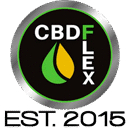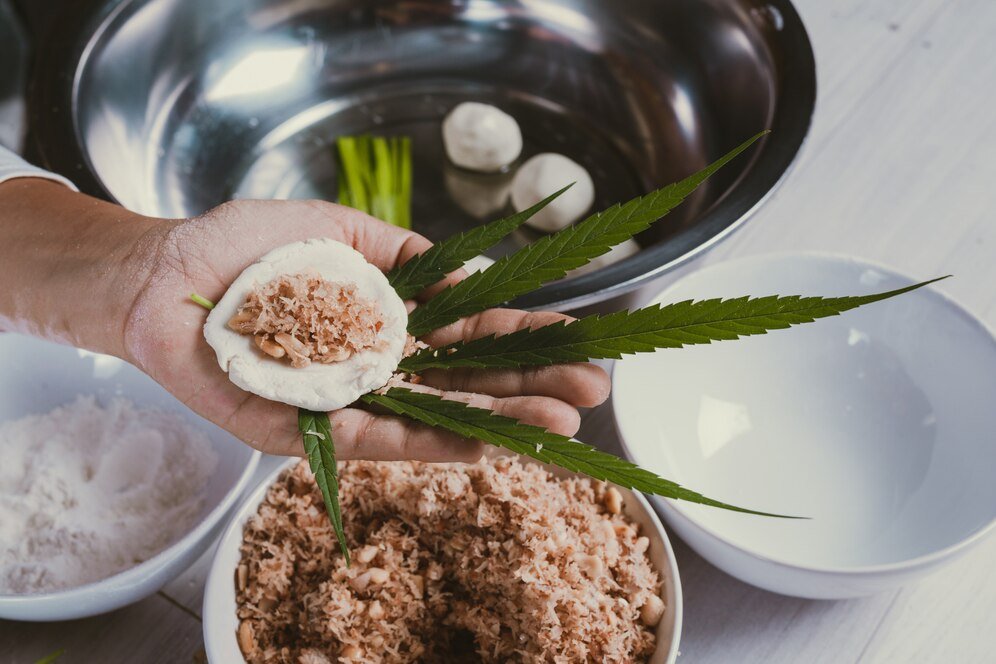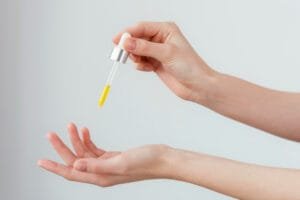Understanding Novel Food Regulations for CBD in the USA
The CBD industry in the United States has exploded in recent years, but legal clarity still lags behind consumer demand. One of the…
Table of contents
The CBD industry in the United States has exploded in recent years, but legal clarity still lags behind consumer demand. One of the most pressing issues surrounds the classification of CBD as a novel food and how that impacts its legal status in food, drinks, and supplements. Understanding the Food Regulations for CBD in the USA is essential for consumers, producers, and retailers looking to navigate this fast-growing market legally and safely.
What Are Novel Foods?
While the term “novel food” is more commonly associated with regulatory frameworks in the UK and EU, similar concepts apply in the USA, particularly through the lens of the FDA’s (U.S. Food and Drug Administration) regulation of dietary supplements, food additives, and new ingredients.
In the U.S., any substance added to food must either be generally recognized as safe (GRAS) or go through an FDA approval process. Since CBD is not currently classified as GRAS, its addition to food and drink is technically prohibited at the federal level unless otherwise approved.
Current Status of CBD Under U.S. Food Law
The 2018 Farm Bill federally legalized industrial hemp and hemp-derived products containing less than 0.3% THC. However, this did not legalize CBD as a food additive or dietary supplement. The FDA retains authority over ingestible products and has explicitly stated that CBD cannot be marketed as a dietary supplement or added to food or beverages.
This creates a patchwork of enforcement across states. Some states allow CBD in food and drink products, while others strictly follow FDA guidance.
Why Food Regulations for CBD Matter
Understanding Food Regulations for CBD is crucial for multiple reasons:
- Protecting consumer safety from unregulated or mislabeled products
- Ensuring compliance for businesses to avoid fines or product recalls
- Supporting the future of CBD by encouraging scientific research and regulatory clarity
- Improving product transparency so consumers know exactly what they’re consuming
FDA and Novel Ingredient Status
The FDA treats CBD as a drug ingredient due to its inclusion in Epidiolex, a prescription epilepsy medication. This classification makes it more difficult for CBD to be added to foods or marketed as a supplement under current U.S. law.
To change this, CBD manufacturers would need:
- GRAS determination backed by robust safety data
- New Dietary Ingredient (NDI) notification and FDA approval
- Legislative intervention (as proposed in several ongoing Congressional bills)
Until then, any CBD food or supplement product is technically non-compliant at the federal level.
State-by-State Variations
Many U.S. states have taken the regulation of CBD into their own hands, allowing it in consumables despite federal FDA restrictions. For example:
- California: Allows CBD in foods and supplements (with regulations)
- Texas: Permits CBD in edibles with proper licensing
- New York: Allows dietary supplements but not beverages
As such, compliance with Food Regulations for CBD often means navigating both federal and state laws.
Challenges for CBD Businesses
CBD companies face several hurdles when trying to bring food products to market:
- Regulatory uncertainty
- Difficulty securing investment
- Marketing limitations (no health claims allowed)
- Banking and insurance issues
Many rely on GRAS self-determination or third-party reviews to justify product safety, but this remains a gray legal area until federal rules are clarified.
What This Means for Consumers
If you’re using CBD-infused products like gummies, drinks, or oils, you should:
- Check for third-party lab testing (COAs)
- Research your state’s laws
- Avoid products that make unsubstantiated health claims
- Choose reputable brands that are transparent about sourcing and formulation
FAQs About Food Regulations for CBD in the USA

1. Is CBD legal in food in the USA?
Not at the federal level. The FDA prohibits adding CBD to food or marketing it as a dietary supplement, although some states allow it.
2. What does “novel food” mean in the U.S. context?
It refers to ingredients not historically used in the food supply, often requiring GRAS status or FDA approval—CBD falls under this umbrella.
3. Can I legally sell CBD-infused food products?
Only in states that have approved CBD in consumables. Federally, it’s still a gray area unless FDA policy changes.
4. Are topical CBD products subject to the same rules?
No, topicals like lotions and balms fall under cosmetic regulations and have fewer restrictions than ingestibles.
5. What could change CBD food regulation in the future?
New legislation or FDA rulemaking could establish clear paths for CBD to be legally marketed in food and supplements.
Final Thoughts
Navigating the Food Regulations for CBD in the USA is no easy task. While public demand for CBD-infused products grows, federal laws still impose strict limitations. For businesses, understanding both state and federal rules is essential to stay compliant. For consumers, informed choices can help you stay safe and avoid low-quality or illegal products.
As regulations evolve, staying updated with FDA announcements and legislative developments is the best way to ensure you’re on the right side of the law.







